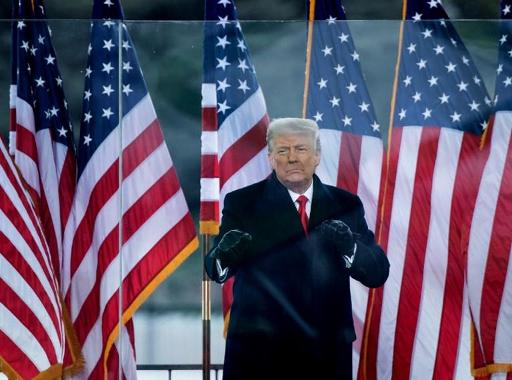Germany is to become the first European Union country to use the experimental, antibody cocktail against the Coronavirus administered to Donald Trump, Health Minister Jens Spahn announced on Sunday.
“The Government has bought 200,000 doses for 400 million euros, which represents 2,000 euros per dose,” Spahn told the Bild am Sonntag newspaper.
The cocktail of monoclonal antibodies will be used in university hospitals next week, the minister said, stressing that Germany was the “first country in the EU” to use it in the fight against the pandemic.
Mr. Spahn did not mention the name of the manufacturer who would supply the doses, but confirmed that it was the same treatment as the one administered in early October to Trump, who had contracted the virus while still president of the United States and was briefly hospitalised.
These antibodies function as a passive vaccine, Mr. Spahn said, explaining that administering them in the initial phases of infection can help prevent high-risk patients from becoming gravely ill.
Imitating the action taken by the body’s immune system when a person develops a viral infection, the antibodies block the point of the virus, and are thus able to latch on to human cells and penetrate them.
Trump had received the cocktail developed by the U.S. laboratory Regeneron, a combination of two antibodies known by the name of REGN-COV2, even before it was authorised by the US Federal Drug Agency (FDA) in late November. The then president had sung the praises of the treatment, saying that it had “cured” him.
The U.S. company Eli Lilly has developed a similar drug, which was authorised on the 9th of November.
The purchase of the medication by the German Government comes on the heels of increasing criticism within the EU of the slowness of vaccination campaigns.
Vaccine manufacturers Pfizer/BioNTech and AstraZeneca both announced that they would be supplying fewer doses of their vaccines to Europe in the short term due to production difficulties.
The German Government has indicated that it nevertheless plans to make the vaccine available to all Germans by late August.
The Brussels Times

